WSIS Action Line C7 E-learning
UNESCO
Session 382
This session will share core UNESCO messages and recommendations related to technology and education broadly and digital learning specifically.
It will overview positions and actions related to five main topics: (1) Open Educational Resources and the recent Dubai Declaration on OER; (2) the UNESCO ICT Competency Framework for Teachers and its country level implementations; (3) the twin UNESCO AI Competency Frameworks, one for students and one for teachers; (4) UNESCO guidelines and advice concerning technology and education policies, including capacity building for policy formation related to educational use of AI and other technologies; (5) UNESCO’s joint work with UNICEF under the Gateways to Public Digital Learning Initiative to help countries establish and strengthen digital learning platforms and content to complement and enrich public education.
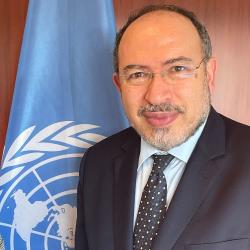
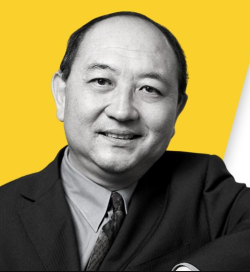
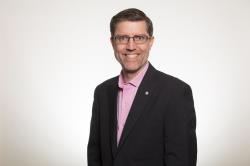
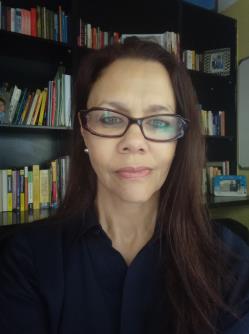
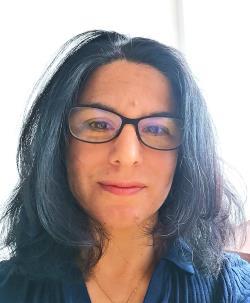
-
 C7. ICT applications: benefits in all aspects of life — E-learning
C7. ICT applications: benefits in all aspects of life — E-learning
Holistically, the session will highlight pathways for leveraging technologies to achieve equitable and high-quality education. Experts from UNESCO and education leaders from national governments will share insights about how UNESCO recommendations concerning education and technology are helping to translate high-level commitments into action, aligning with WSIS Action Line C7 (e-Learning) and the Global Digital Compact.
-
 Goal 4: Ensure inclusive and equitable quality education and promote lifelong learning opportunities for all
Goal 4: Ensure inclusive and equitable quality education and promote lifelong learning opportunities for all
-
 Goal 17: Revitalize the global partnership for sustainable development
Goal 17: Revitalize the global partnership for sustainable development
The session on Action Line C7: e-Learning directly supports SDG 4: Quality Education by promoting inclusive, equitable, and high-quality digital learning. Through initiatives like Open Educational Resources, the UNESCO AI Competency Frameworks for students and for teachers; and supporting digital learning platforms, this action line is helping countries use technology to expand access, improve teaching, and build future-ready education systems. These efforts also contribute to broader SDGs, including reducing inequalities and fostering innovation.
- Objective 1: Close all digital divides and accelerate progress across the Sustainable Development Goals
- Objective 3: Foster an inclusive, open, safe and secure digital space that respects, protects and promotes human rights